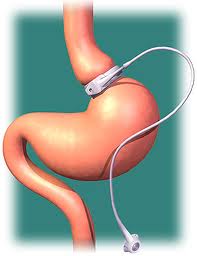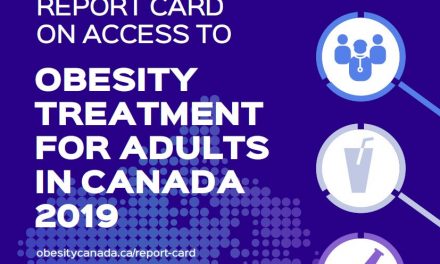In studies of weight loss medications, success is traditionally defined as the ability to facilitate an average weight loss of at least 5% compared to placebo. We understand now that weight management is not about the numbers on the scale, but rather, about improving health. So I ask the provocative question: in studies of weight loss medications, do we need to study the actual weight lost??
Currently available obesity medications have been studied with weight loss as the main focus (called the ‘primary endpoint’) in almost all studies. While I can certainly agree that we want to establish the weight loss efficacy of weight management medications, the story needs to go far beyond that.
One major downfall of this approach is that it does not capture the efficacy of a medication to help people keep weight off that was previously lost. Many patients have come to me over the years, saying that they have been able to lose weight with very hard work on lifestyle changes, but they are struggling with intense hunger (part of the natural biology of weight loss), and they need help to keep the weight off. For these patients, when weight management medication works to help them keep the weight off (as it most often does), this is a success! This should not require that an additional 5% weight loss is seen. Thankfully, regulators are now understanding this, as evidenced by Canada and USA’s most recently approved obesity treatment, semaglutide 2.4mg weekly (trade name Wegovy), not requiring weight loss in order to define success.
Another enormous downfall of the traditional weight-loss-centric approach is that it does not encompass improvements in health. If my patient loses 4% weight and has an improvement in knee pain, is this not a success? If my patient with diabetes loses 3% weight and has a 25% reduction in their insulin needs and an improvement in their blood sugars, is this not a success? If my patient loses no weight but had been gaining weight previously, and feels that the freedom from cravings that weight management medication provides has markedly improved their quality of life, is this not a success? My answer to all these questions is YES, these are ALL success stories, and I would recommend continuing weight management medication for all three of these patients.
In recent years, we have seen studies of obesity medications now expanding to have health-related primary endpoints, rather than weight-related primary endpoints. For example, in the SCALE Sleep apnea trial, liraglutide 3.0mg (trade name Saxenda) was found to reduce sleep apnea events more so than placebo. In the SCALE Obesity and Prediabetes trial, liraglutide was found to reduce the risk of developing type 2 diabetes.
Currently, there are studies underway of semaglutide 2.4mg for potential cardiovascular risk reduction, regression to normal blood sugars in prediabetes, as a treatment of heart failure with preserved ejection fraction, fatty liver disease, and knee osteoarthritis.
Tirzepatide, an up-and-coming type 2 diabetes medication not yet approved, is currently under study as a treatment of obesity (see here, here, here, here), fatty liver disease, and heart failure with preserved ejection fraction.
BOTTOM LINE: Yes, we do need to establish the efficacy of obesity medications for management of weight – not just weight loss, but also maintenance of weight previously lost. Just as importantly (or perhaps more importantly), we need studies with health related improvements as the primary focus, and it’s wonderful to see our research heading in this direction!
Disclaimer: I am an investigator in the clinical trial programs for liraglutide, semaglutide, and tirzepatide. I receive honoraria as a continuing medical education speaker and consultant from the makers of liraglutide and semaglutide (Novo Nordisk), and tirzepatide (Eli Lilly).
Share this blog post using your favorite social media link below!
Follow me on twitter! @drsuepedersen
www.drsue.ca © 2022












